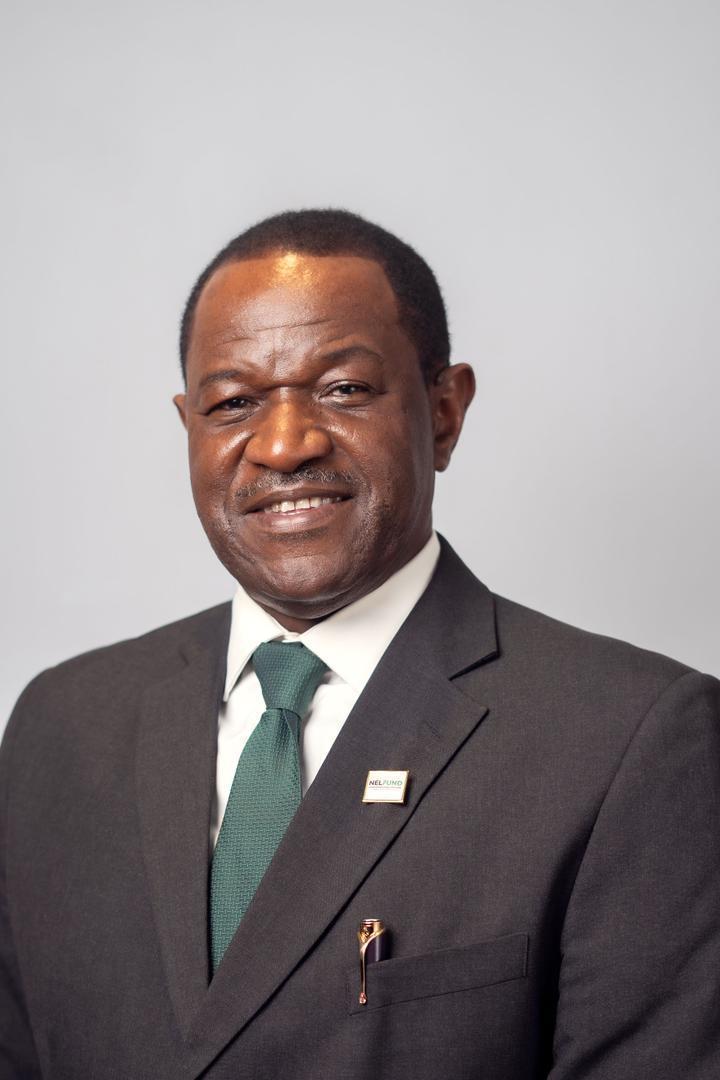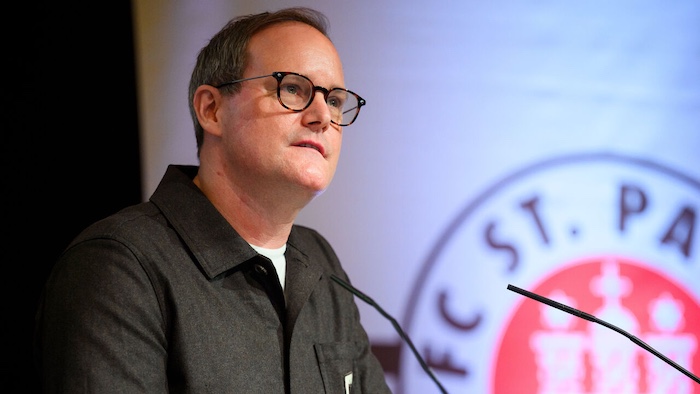
Rwanda has long styled itself as a country determined to prove that Africa’s entrenched problems are not destiny.
Clean streets, low crime, traffic rules that actually work, each has been held up as evidence of what disciplined governance can achieve. Now, another bold move has thrust Rwanda back into the spotlight: a new Health Services Bill, passed in August, that lowers the age at which teenagers can access contraceptives, from 18 to 15, without needing parental consent.
It is a striking decision for a government criticised for suppressing dissent and narrowing civic space. Yet human rights and gender-justice advocates across the continent have praised the reform as a landmark step toward protecting young people’s sexual and reproductive health and reducing the country’s stubborn rates of teenage pregnancy.
“The idea of girls below 18 years accessing contraceptives is not well accepted in Rwanda,” says Chantal Umuhoza, leader of the young feminist activist group Spectra.
“We have been working to extend access to contraceptives to girls below 18 for a very long time, and we have had many setbacks, including in the mid-2000s when the Rwanda president expressed an opinion that girls below 18 should not access contraceptives.”
She says that remark became a major obstacle: “The president’s statement set back our work as many saw this as the official government position.”
But the numbers—and the lived realities—became impossible to ignore. Rising teenage pregnancies placed Rwanda in a corner, she says.
“We wish the age of access to contraceptives could have been lowered further. The research shows us that most girls begin sexual activity at 14 or 15. We need people to understand that access to this information is a human right. We still have a lot of work to do.”
Teenage pregnancy remains a persistent challenge. About five per cent of girls under 19 become pregnant, threatening Rwanda’s reproductive health goals and the country’s wider ambitions for women’s economic empowerment.
Rwanda has made undeniable strides— from its strong stance on abortion rights under the Maputo Protocol to its domestic reforms enabling girls under 18 to access safe abortion under certain conditions. Yet until now, many teenagers could not obtain contraception to avoid pregnancy in the first place.
“You can imagine if a girl falls pregnant at 15—she is allowed to seek a safe abortion, but she cannot access contraception beforehand. This is a problem,” said Dr Clarisse Mutimukeye, Rwanda chapter lead for Women in Global Health, in a Health Policy Watch interview.
While Rwanda moves forward, Uganda remains tethered to deep conservatism around adolescent sexuality. Abstinence remains the official script, and even basic sex education sparks public uproar.
When Dr Charles Olaro, the director general of Health Services at Uganda’s Ministry of Health, suggested in late 2024 that the country should consider allowing girls as young as 15 to access contraceptives, outrage erupted.
“We pray that the devil doesn’t find his way… That is formalizing defilement,” said deputy speaker of parliament Thomas Tayebwa during a heated debate. Amuru District Woman MP Lucy Akello echoed widely held misconceptions, warning that contraceptives pose danger to “young girls who have not yet given birth”—a claim not supported by medical evidence but widely believed.
“Even I, who has given birth, I fear these things,” she admitted. “What of the young girls? Yes, I fear, and I do not use them. I use the natural method.”
Uganda’s contraceptive use, hovering around 30 per cent, remains low. Cultural myths, religious pressure, and stigma continue to prevent women and girls from accessing services they need.
Dr Olaro’s point was simple: “It is essential that we foster an environment where youth can access information on sexual and reproductive health and contraception… without stigma, discrimination or judgment.”
What followed instead was a torrent of backlash—including a demand for his resignation from CitizenGO, a far-right Catholic group based in Spain. Yet the stakes are far higher than political spectacle.
Uganda’s teenage pregnancy rate stands at 25 per cent—five times Rwanda’s. Across Africa, maternal mortality is the leading cause of death among girls aged 15–19. Teenage pregnancies are a major driver.
The contrast is stark: Rwanda is confronting the crisis head-on, while Uganda continues to wrestle with moral arguments that leave girls increasingly vulnerable. Rwanda’s move is even more remarkable given the global context.
In recent years, major donors like the United States, the UK and Germany have scaled back funding for family planning and watered down commitments to women’s rights. Development groups have been pressured to avoid words like equity and gender equality to stay afloat.
The vacuum has emboldened anti-rights movements worldwide. Against this backdrop, Kigali’s decision feels almost rebellious—an insistence on centring the wellbeing of girls despite geopolitical headwinds.
President Paul Kagame has argued repeatedly that Africa must chart its own course. With global allies pulling back, Rwanda’s move suggests a willingness to protect rights not because the West demands it, but because the country sees it as indispensable to its future.
Africa’s own human rights tradition—captured in the African Charter on Human and Peoples’ Rights—has always emphasised communal wellbeing alongside individual rights.
By expanding contraceptive access to teenagers, Rwanda is taking a step that speaks to both: safeguarding young girls while strengthening the country’s social and economic fabric. For girls on the ground, the shift is not theoretical. It could reshape lives.
“When you are a child, no one explains anything to you. They blame you and say what you are doing is bad without giving you any information,” says Ritah Alowo, a Ugandan who became pregnant at 15 and had to abandon her dream of becoming a journalist to work as a maid in Jordan.
“If someone had talked to me from when I was younger… if someone had sat me down and told me how they prevent pregnancy, my life would not have been so difficult.”
Many parents still shudder at the idea of teenagers needing contraception. But silence, shame, and moral panic have never protected young people—they have only made them more vulnerable, especially when abuse is involved.
Rwanda, at least for now, has chosen not to look away. The question is whether Uganda—and the rest of Africa—will do the same. Or whether we will continue sacrificing the futures of girls on the altar of cultural anxiety and religious fear.



